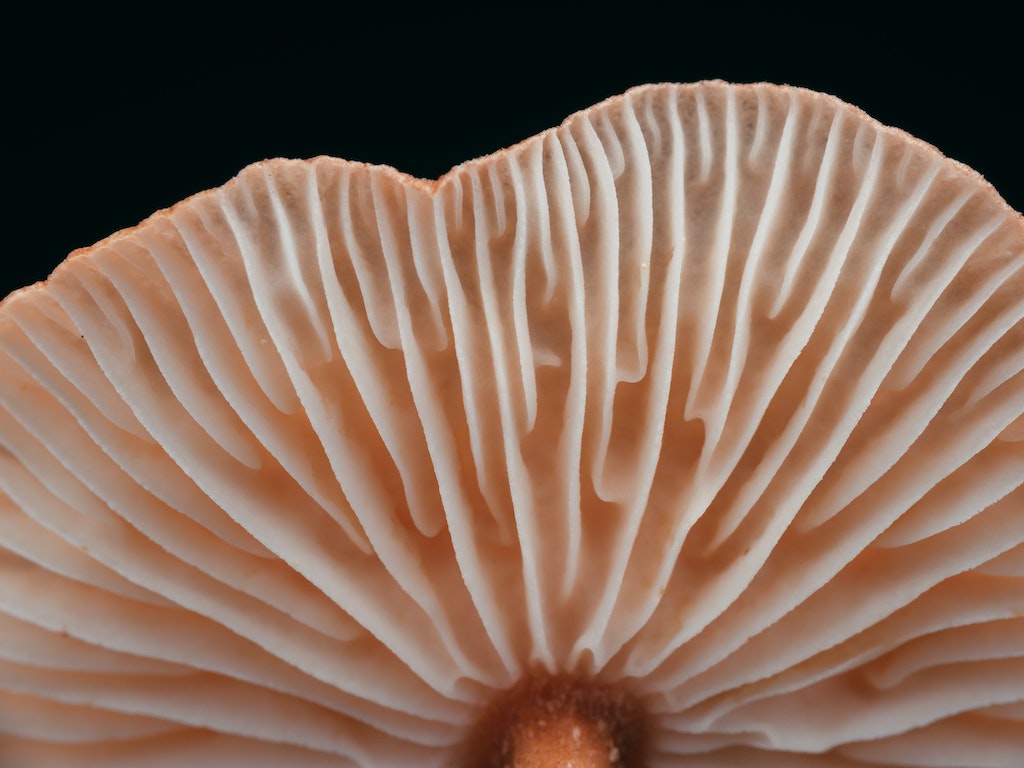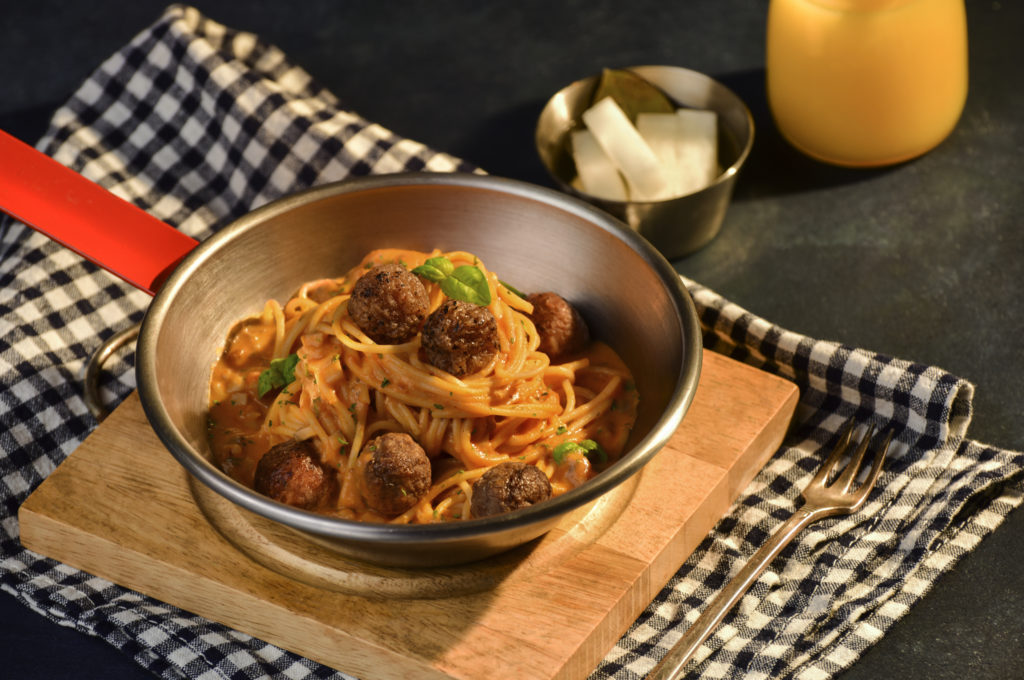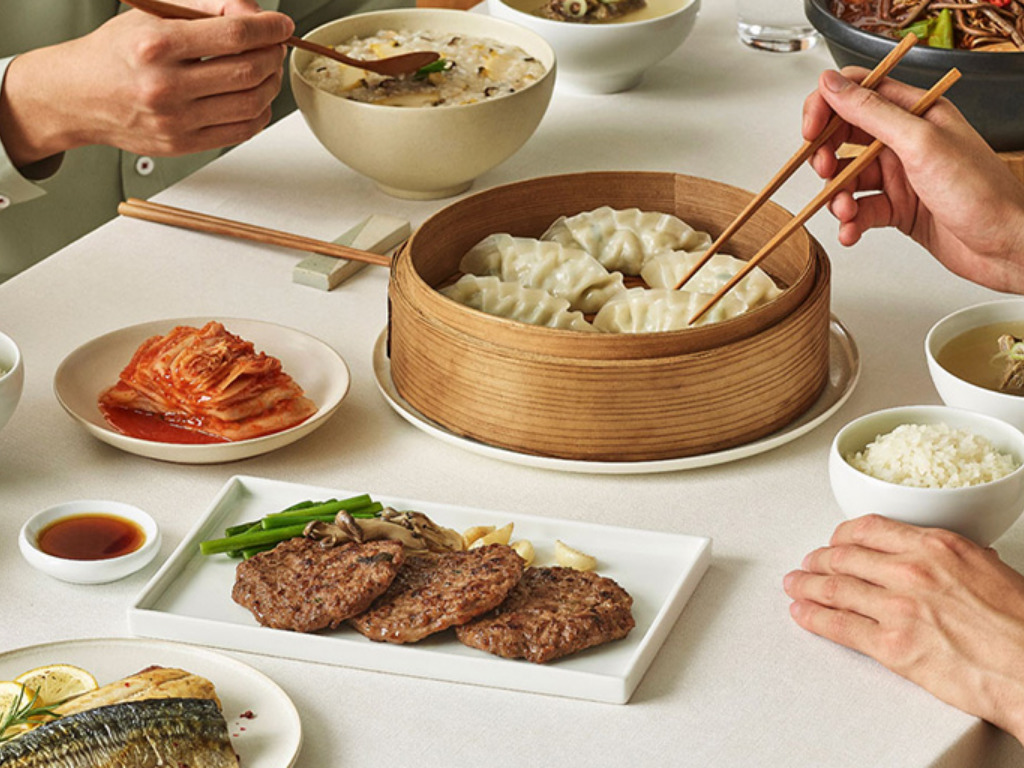Asian Food & Biotech Giant Joins Forces With Korean Startup To Build Cultivated Meat Cell Line Production
4 Mins Read
One of Asia’s largest food and biotech companies, CJ CheilJedang, is entering the cultivated meat industry in partnership with KCell Biosciences, a startup focused on cell culture media. The companies will construct a cell culture media facility in Busan, South Korea, later this year. When completed, the location will offer the largest capacity for cell culture medium production in Korea and the second largest in the entire APAC region.
CJ CheilJedang will work to develop and supply media materials specifically for cultivated meat manufacturing, while KCell will focus on media production. The two companies hope to work together to create a competitive cell culture medium that can be scaled quickly and made cost-effective.

Covering all bases
Given the progress in the industry, CJ CheilJedang is moving quickly. With its KCell partnership in place and revealed, the company has participated in a CellAg symposium. The Korea Society of Cellular Agriculture (KSCA), together with SpaceF, Seoul National University BK21 Agricultural Biotechnology Education Research Center and the Food Bio Convergence Research Institute, held an international event in January. It was designed to act as an informative forum for collaborative working and knowledge sharing.
Another key role of the symposium was to generate cooperation with the livestock industry. It was made clear that cultivated meat offers consumers an extra choice that will still require animals to be part of the supply chain.
Despite a move towards cultivated meat, CJ CheilJedang remains committed to providing plant-based alternatives. Last year, the food giant announced its new vegan PlanTable brand. Initial launches included soybean-based dumplings and shrimp-free kimchi with full rollout touted for this year. International distribution is already in place. R&D is now being carried out to look for more protein alternatives ahead of new line developments. Alongside established soybeans, peas and mycelium have been referred to as showing potential. More recently, new plant milk has been confirmed, through an in-house development project, Inno100. It is said to be ready for commercialisation though no further information is available at this time.

In good company
The new partnership with KCell brings CJ CheilJedang into the cultivated industry at an exciting time. Particularly within a Korean framework. In recent months, there have been significant breakthroughs from numerous companies. They are putting Korea firmly on the cell-based map, ready to catch up with Israel and the U.S., arguably the current sector leaders.
Last month, SpaceF claimed to have created Korea’s first cultivated chicken and beef products, after similar success with pork in 2021. Developments were presented as recognisable food items including meatballs and nuggets. The original pork was upgraded alongside the new items, to include a better muscle tissue feel. The first incarnation was developed with Sejong University. SpaceF has been explicit about its determination to develop cultivated meat without the use of Foetal Bovine Serum (FBS). Such issues were discussed at the KSCA symposium that it co-chaired, along with consumer needs.
Seawith is seeking to capitalise on industry momentum. The startup just announced a ₩1 billion funding injection, courtesy of Mint Venture Partners, to build a state-of-the-art factory. Claiming that it will be able to make cultivated steak for $3 per kilo by 2030, Seawith is hoping to have products to launch by the end of this year, under its Welldone brand. Regulatory approval remains pending.
CellMEAT brought a lot of attention to the Korean cultivated stage in 2021. In December, the company announced it had successfully developed an FBS-free culture media, seemingly ahead of the U.S’s Upside Foods. It debuted the world’s first cultivated Dokdo shrimp just two weeks later.
The Korean government is yet to sign off on a firm definition of cultivated meat. Until this happens, no approvals can be considered as production standards and regulations will be unenforceable. However, there are signs of support for the industry, including funded research into the sector, which give rise to optimism that things will move forward soon.
Lead photo by CJ CheilJedang.





